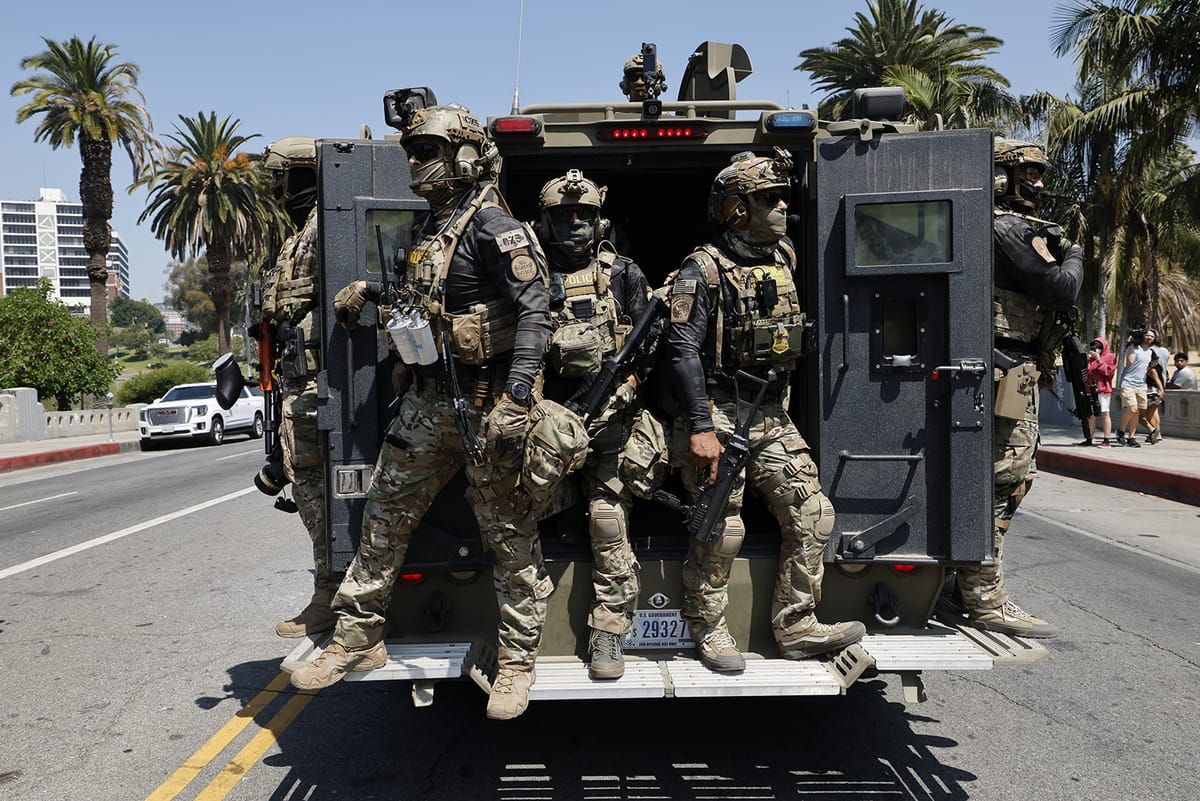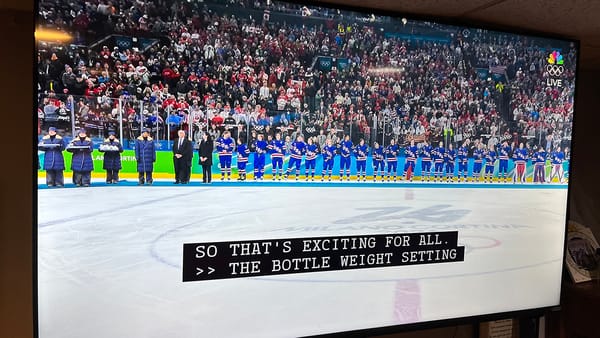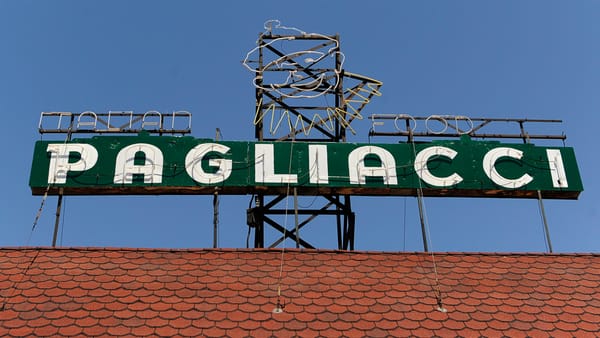Circumstance of totality
Indignity Vol. 5, No. 161

THE WORST THING WE READ™
Brett Kavanaugh Puts Los Angeles Outside the Law
YESTERDAY, IN THE ongoing case of Noem v. Vasquez Perdomo, the Supreme Court issued another one of its decisive non-decisions, overriding an injunction in which two lower courts had ordered Immigration and Customs Enforcement to curtail its indiscriminate mass sweeps of people in Los Angeles. Now, while the underlying lawsuit against those sweeps goes forward, ICE can keep grabbing people, with the Supreme Court's blessing.
As usual, this was not an actual ruling by an identifiable majority of the court. It was one more product of the court's shadow docket, in which the Republican justices either impose orders on lower-court cases or remove them, whichever choice will give Donald Trump a freer hand—the process that Justice Ketanji Brown Jackson described last month, in a dissent, as "Calvinball jurisprudence with a twist":
Calvinball has only one rule: There are no fixed rules. We seem to have two: that one, and this Administration always wins.
This time around, in the Los Angeles case, it was Sonia Sotomayor who wrote the dissent, with Jackson and Elena Kagan signing on, arguing that the Supreme Court had imposed "a second-class citizenship status" on Latinos. With those three justices accounted for in opposition, at least four of the six Republican justices must have voted the other way, but five of those six declined to attach their names to the order at all.
The exception was Brett Kavanaugh. Rather than letting the power of the majority speak for itself, Kavanaugh dedicated 10 pages to writing a concurring opinion—even though there was no recorded judgment for him to concur with. That was appropriate, because there was no real law for Kavanaugh to point to, either. There was only the premise that certain people, millions of whom are United States citizens, have forfeited basic constitutional protections, by virtue of who they are and where they live.





